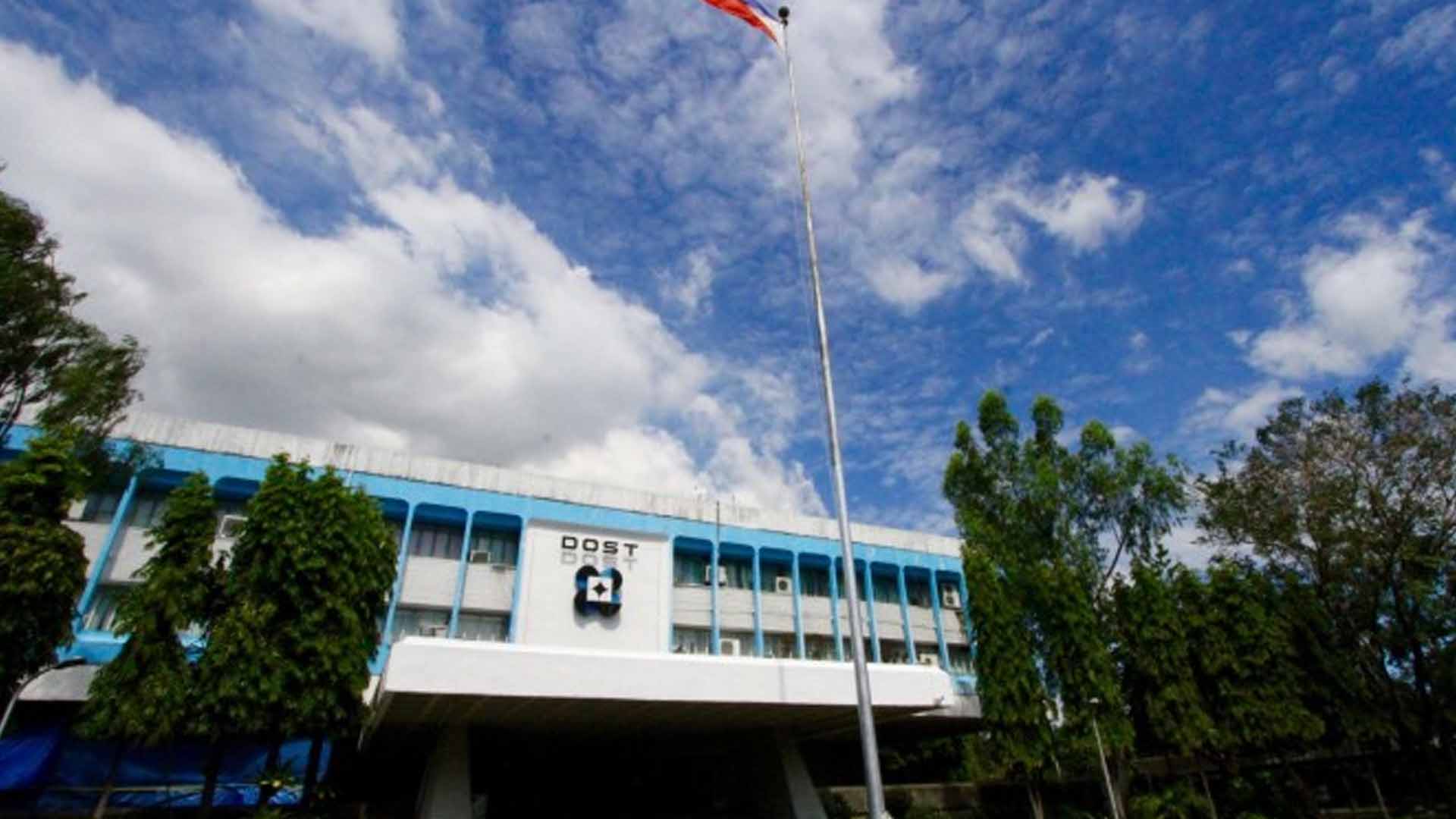The Philippines’ Department of Science and Technology (DOST) and the Royal Melbourne Institute of Technology (RMIT) in Australia have agreed to work together on digital health programs.
“(The) DOST sees this as an important area for innovation in the Philippines, especially with our current experiences in addressing the coronavirus disease 2019 pandemic. Telemedicine, for instance, played a huge role as an alternative means of healthcare delivery the past year. This innovation may also be expanded to provide healthcare services to more Filipinos in far-flung communities,” DOST Undersecretary Rowena Guevara told the Philippine News Agency in an interview on Thursday.
Both parties, she said, may also pursue cooperation in developing a virtual healthcare system that employs the use of artificial intelligence (AI) in interpreting health data.
She acknowledged that the Philippines is yet to develop a broad individual and institutional capacity in telemedicine. Thus, the DOST hopes that its partnership with RMIT would result in capacity-building programs, such as scholarships and training for the Filipino people and institutions.
The partnership would enable the Philippines to maximize the benefits of these technologies, Guevara added.
“RMIT has a strong curriculum and instruction on health science, including allied fields which are complemented with their modern facilities for health education,” she said.
Guevara, along with other DOST officials, conducted a scientific visit to Australia this month to strengthen established partnerships with Australian institutions, and to connect with other institutions of common interest.
According to the DOST, the partnership with RMIT is new, and the two parties have signed a partnership for scientific cooperation.
“The details of the partnership have yet to be fleshed out by our concerned Council in their separate meeting with their counterparts in RMIT in the coming months. Our hope is to keep the ball rolling, particularly for our capacity-building programs on digital health,” Guevara said.
Meanwhile, the official said that through the scientific visit, the DOST was able to jumpstart initial discussions with Australian institutions for possible partnerships, with some institutions expressing their willingness to formalize the cooperation.
“These agreements would facilitate STI (science, technology, innovation) partnerships in areas where there are limited individual and institutional capacities in the Philippines, including those in digital health, sustainable mineral processing and mine restoration and rehabilitation, bioengineering, and new technologies for coral reef restoration, among others,” she said.
Existing collabs
The DOST has an existing partnership with James Cook University and Swinburne University of Technology on topics such as emerging diseases and tropical diseases, Internet of Things (IoT), agriculture, and food security; as well as marine science scholarships and sandwich programs in the field of biomedical engineering.
“However, succeeding discussions on the details of the agreements have come far in between because of the Covid-19 pandemic. Hence, there was a need to review and identify priority areas to further implement the (collaborations),” Guevara said.
She also cited that the DOST has been working with the Australian Centre for International Agricultural Research (ACIAR) on numerous research and development (R&D) and capacity-building programs to accelerate the agricultural sector of both countries.
The DOST and ACIAR’s collaboration on coral reef initiatives includes the production of corals; assessment, mapping, and monitoring tools; response to threats on coral reefs; capacity building including improving capacity for technical diving and coral reef monitoring, and assessment; and policy inputs and publications.
Aside from coral reef research, DOST-ACIAR collaboration also supports the human resource development of the country through various scholarship and fellowship programs, such as the John Dillon Fellowship with 15 Filipino fellows and eight for the Meryl Williams Fellowship program, Guevara said. (PNA)







